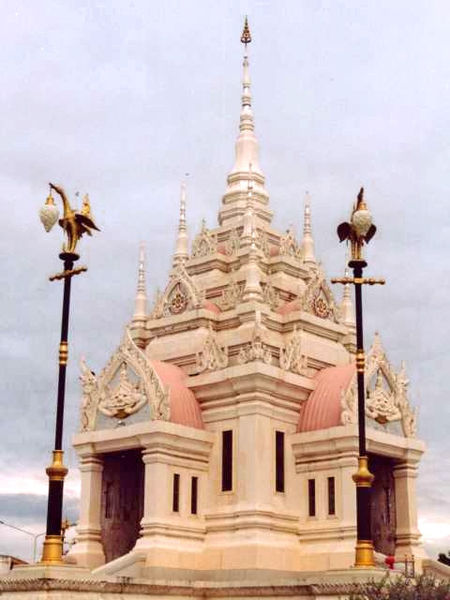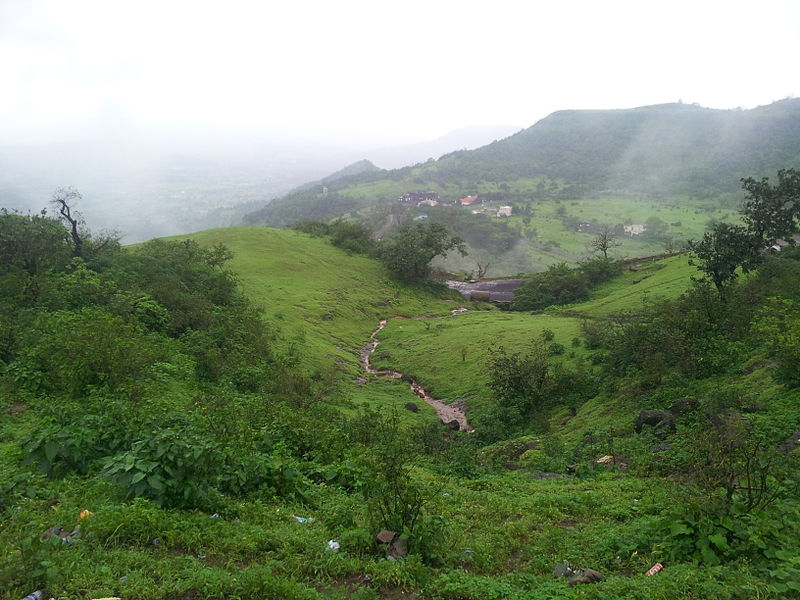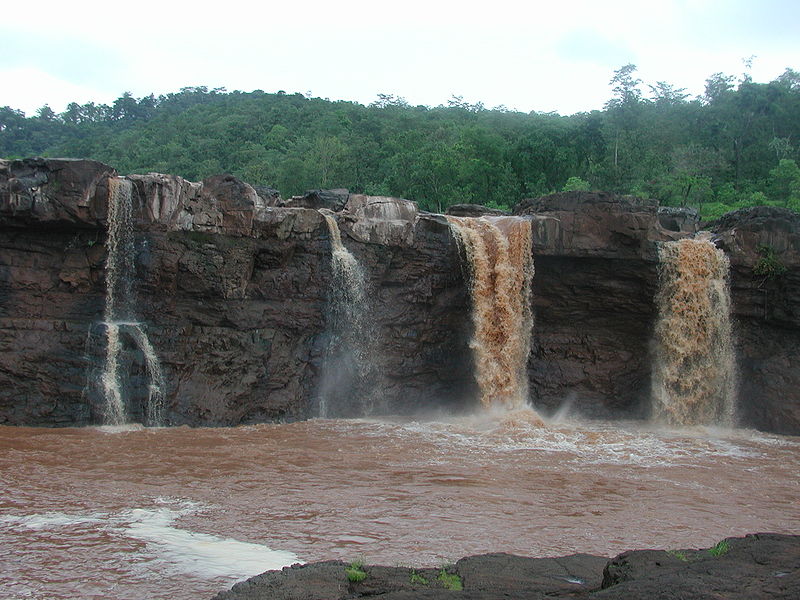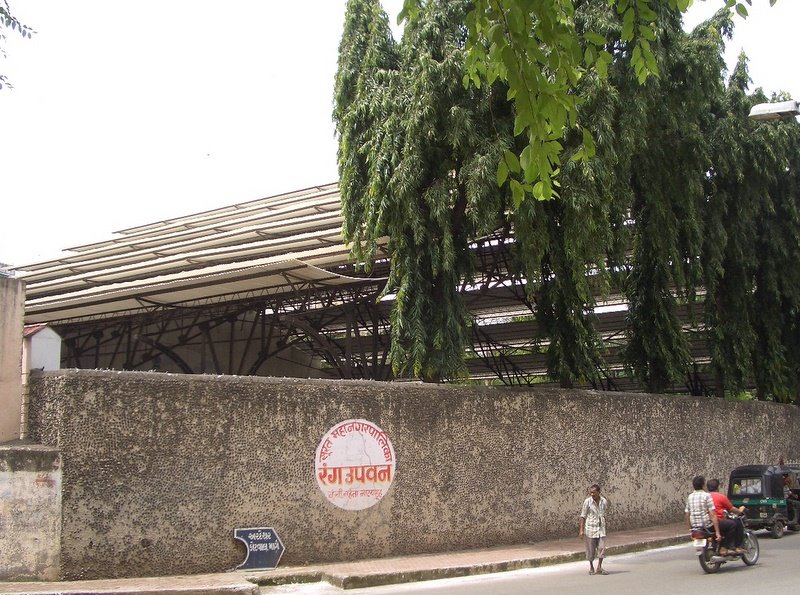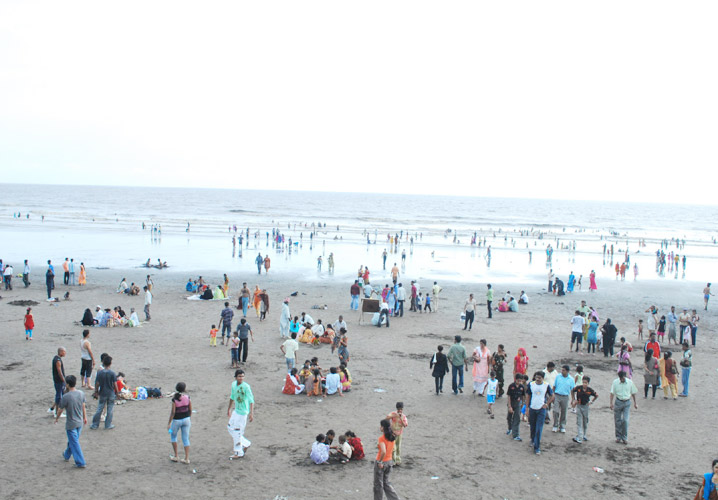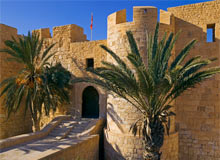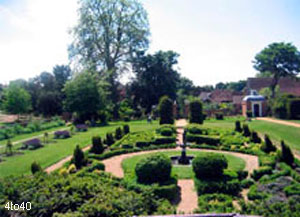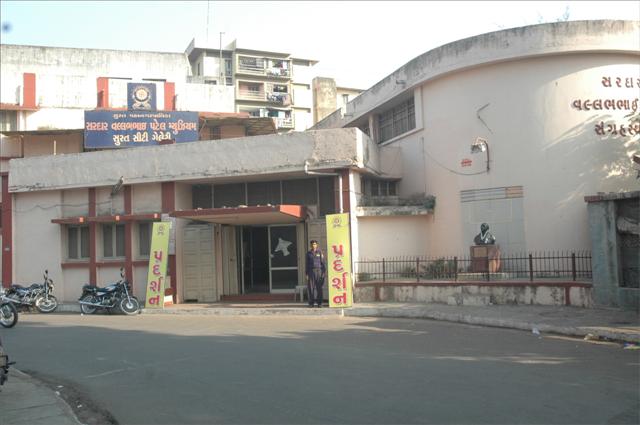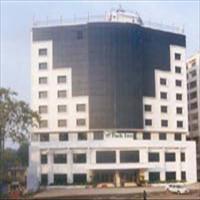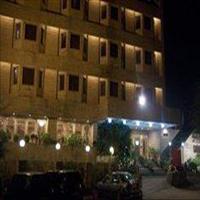Surat
The first Parsi settlement in India
General Information
Common Name: -
Other Name: -, District: Surat, State: Gujarat, India
Area: 153.16 Sq. Km.
Languages Spoken: Gujarati, Hindi, English and Marathi
Long Distance Code: +91-261
Importance:
Best Time to Visit: September to March and -
International Access: -
Description
For centuries, Surat has been known as a center of trade and textiles. It was a major port during the Mughal period, and all powers including the Portuguese vied for power of the port. From the 16th-19th century, the British, French, Portuguese and Dutch established factories in Surat. Situated on the banks of river Tapi, it was a great port city during the Mughal region. Since the earliest times, the ancient port of Surat has been renowned for its fine silks and exquisite brocades and its trade in spices. Surat has been on e of the most prosperous of India's cities in the 17th and 18th centuries. The Zoroastrians who fled from Persia came and settled here in Navasari near Surat. The origin of the name Surat has many stories attached to it. It is said to be the short form of Saurashtra, the name by which the region is known. Another story says that it was called Bunder- e -khubsoorat by the Mughals, which meant a beautiful port. It is said that later only Surat remained. Surat finds mention in the Mahabharata when Lord Krishna stopped here during his journey from Mathura to Dwarka with his cows. Surat was always under the control of the Hindu dynasties, till the 12th century when a general of Qutub-ud-din Aibak captured the city. In Mughal times, Surat was the main port from where pilgrims sailed to Mecca. Today, Surat is a major industrial centre with many textile mills. It is also an important diamond-cutting centre. It is one of India's fastest growing industrial centers known for its textiles. It's proximity to major cities like Mumbai, Baroda and Ahemedabad with pleasant sea beaches around is its prime highlighting factor.Location
Surat has a very pivotal location. Settled on the bank of River Tapi, it is just about 250 kms from Mumbai and Ahemedabad and falls on the main road from Mumbai to Ahemedabad. The western side of the district is the sea coast and otherwise it is surrounded by districts of Navasari, The Dangs, Narmada and Bharuch. On the eastern side it shares its borders with the state of Maharashtra.Climate
-
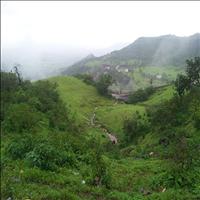 Surat has many places around, which are worth a visit, either on an excursion or even for a stay.\r\nSaputara which literally means abode of serpents is the best known hill station of Gujarat and just 150 kms from Surat. Located at the Southern tip of Gujarat, folded into the densely wooded hills of the Sahayadris, Saputara is a picturesque hill resort in the Dangs district. Legend has it that Lord Ram spent 11 years of his exile in these very forests. The Sunset point and the artist village of Saputara are famous, but the rope car ride which gives you a breathtaking view, is what lingers in your memory. Not far from Saputara are the Gira falls of Waghai. Especially during the rains, these falls offer a magnificent view. \r\n\r\nThe Villages of Dandi and Bardoli, 50 and 35 kms from Surat respectively, rose to prominence during the freedom struggle launched by Mahatma Gandhi. Gandhi launched the farmers' satyagrah, known as the Bardoli satyagrah in 1921 -22 and marched to defy the salt act in 1930. Both these places since have become of utmost importance in the political history of India.\r\nAnother place fit for a days excursion is the 30 km away Navasari. It is supposed to be the first settlement of the Parsi community who fled from Persia to India. The village of Udvada nearby has the distinction of a burning torch fire which has been burning since the 12th century, when the Zoroastrians brought along with them.
Surat has many places around, which are worth a visit, either on an excursion or even for a stay.\r\nSaputara which literally means abode of serpents is the best known hill station of Gujarat and just 150 kms from Surat. Located at the Southern tip of Gujarat, folded into the densely wooded hills of the Sahayadris, Saputara is a picturesque hill resort in the Dangs district. Legend has it that Lord Ram spent 11 years of his exile in these very forests. The Sunset point and the artist village of Saputara are famous, but the rope car ride which gives you a breathtaking view, is what lingers in your memory. Not far from Saputara are the Gira falls of Waghai. Especially during the rains, these falls offer a magnificent view. \r\n\r\nThe Villages of Dandi and Bardoli, 50 and 35 kms from Surat respectively, rose to prominence during the freedom struggle launched by Mahatma Gandhi. Gandhi launched the farmers' satyagrah, known as the Bardoli satyagrah in 1921 -22 and marched to defy the salt act in 1930. Both these places since have become of utmost importance in the political history of India.\r\nAnother place fit for a days excursion is the 30 km away Navasari. It is supposed to be the first settlement of the Parsi community who fled from Persia to India. The village of Udvada nearby has the distinction of a burning torch fire which has been burning since the 12th century, when the Zoroastrians brought along with them.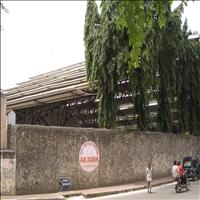 \r\nThe Rangupavan is an open Air theatre, only of its kind in the whole country with the maximum capacity of 4000 spectators and is worth a visit.
\r\nThe Rangupavan is an open Air theatre, only of its kind in the whole country with the maximum capacity of 4000 spectators and is worth a visit.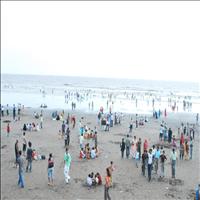 As Surat meets the Arabian Sea on the west, it enjoys numerous pleasant beaches in its vicinity. The most accessible and beautiful are the Dumas, Hajira and Ubharat. All of them are hardly at half an hour's distance form Surat. Hajira has two wells with water rich in iron and sulphur. The pleasant Hajira beach is fringed by feathery Casurina trees.
As Surat meets the Arabian Sea on the west, it enjoys numerous pleasant beaches in its vicinity. The most accessible and beautiful are the Dumas, Hajira and Ubharat. All of them are hardly at half an hour's distance form Surat. Hajira has two wells with water rich in iron and sulphur. The pleasant Hajira beach is fringed by feathery Casurina trees.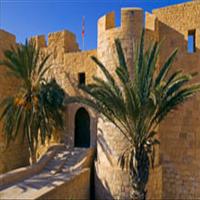 The old fort which was built by Muhammad Tughlak in the 14th century to defend him against the bhills stands witness to the history of Surat. \r\nIn 1546, the Sultan of Gujarat built a castle in Surat on the banks of the Tapi. Nowadays, this place houses several government offices.\r\nThere are some remains of the Gujarat sultanate-the Khawaja Diwan Saheb's mosque, Khudavad mosque and the Mariana Shami Maqbara. All these structures belong to the early 16th century, an evidence of the prominence of Mughal rule over the city. The Swayed Idris mosque is also worth a visit.
The old fort which was built by Muhammad Tughlak in the 14th century to defend him against the bhills stands witness to the history of Surat. \r\nIn 1546, the Sultan of Gujarat built a castle in Surat on the banks of the Tapi. Nowadays, this place houses several government offices.\r\nThere are some remains of the Gujarat sultanate-the Khawaja Diwan Saheb's mosque, Khudavad mosque and the Mariana Shami Maqbara. All these structures belong to the early 16th century, an evidence of the prominence of Mughal rule over the city. The Swayed Idris mosque is also worth a visit.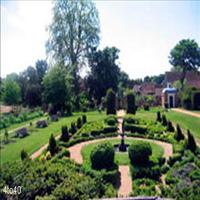 The gardens are actually cemeteries of the officers those landed and settled in Gujarat on their business ventures. There are English, Dutch, and Armenian cemeteries around the Kataragama Gate. There is a massive mausoleum of Baron Adrian Van Reede, who died here in 1691. The ancient original port from where the ships sailed to other parts of the world is another main attraction near the Dutch gardens. The old English factory and the Anglican Church are other interesting sites worth a visit.
The gardens are actually cemeteries of the officers those landed and settled in Gujarat on their business ventures. There are English, Dutch, and Armenian cemeteries around the Kataragama Gate. There is a massive mausoleum of Baron Adrian Van Reede, who died here in 1691. The ancient original port from where the ships sailed to other parts of the world is another main attraction near the Dutch gardens. The old English factory and the Anglican Church are other interesting sites worth a visit.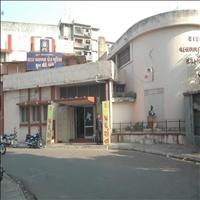 This 100 year old museum was established in 1898 and christened as Winchester Museum. It was only after the independence that it was renamed after the great patriot and the iron man from Gujarat, Sardar Vallabhbahi Patel. It has a varied collection of arts and crafts and has over 10,000 exhibits.
This 100 year old museum was established in 1898 and christened as Winchester Museum. It was only after the independence that it was renamed after the great patriot and the iron man from Gujarat, Sardar Vallabhbahi Patel. It has a varied collection of arts and crafts and has over 10,000 exhibits.Tribal Tour of Gujarat / PI-0377 (18 Days / 17 Nights)
Mumbai-Ahmedabad-Poshina-Zainabad-Bhuj-Gondal-Uthelia-Jambhugodha-Surat-Saputara-Mumbai
Detailed Itinerary
Day 1 : Mumbai
Day 2 : Mumbai - Ahmedabad
Day 3 : Ahmedabad
Day 4 : Ahmedabad - Poshina
Day 5 : Poshina
Day 6 : Poshina - Zainabad
Day 7 : Zainabad
Day 8 : Zainabad - Bhuj
Day 9 : Bhuj
Day 10 : Bhuj - Gondal
Day 11 : Gondal - Uthelia
Day 12 : Uthelia - Jambhugodha
Day 13 : Jambhugodha
Day 14 : Jambhugodha - Surat
Day 15 : Surat - Saputara
Day 16 : Saputara
Day 17 : Saputara - Mumbai
Day 18 : Mumbai
Mumbai-Ahmedabad-Poshina-Zainabad-Bhuj-Gondal-Uthelia-Jambhugodha-Surat-Saputara-Mumbai
Detailed Itinerary
Day 1 : Mumbai
Day 2 : Mumbai - Ahmedabad
Day 3 : Ahmedabad
Day 4 : Ahmedabad - Poshina
Day 5 : Poshina
Day 6 : Poshina - Zainabad
Day 7 : Zainabad
Day 8 : Zainabad - Bhuj
Day 9 : Bhuj
Day 10 : Bhuj - Gondal
Day 11 : Gondal - Uthelia
Day 12 : Uthelia - Jambhugodha
Day 13 : Jambhugodha
Day 14 : Jambhugodha - Surat
Day 15 : Surat - Saputara
Day 16 : Saputara
Day 17 : Saputara - Mumbai
Day 18 : Mumbai
Surat, India Tours

